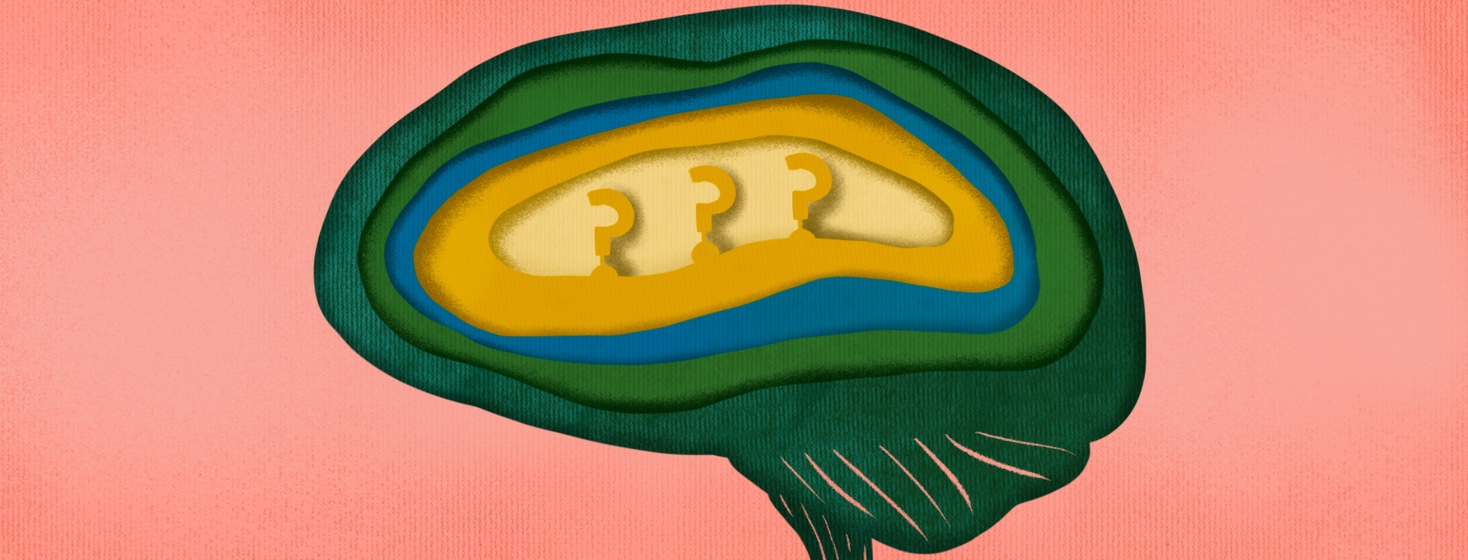What Is the Difference Between Normal Pressure Hydrocephalus and Alzheimer's?
Normal pressure hydrocephalus (NPH) and Alzheimer's disease are both conditions that cause dementia. Dementia is a general term for a decline in mental abilities. NPH and Alzheimer's disease can have similar signs and symptoms. But they are two different conditions with different treatment options.1,2
What is the difference between normal pressure hydrocephalus and Alzheimer's?
Alzheimer's disease is a progressive disease with no cure. It is caused by a buildup of certain proteins in the brain. These proteins include plaques and tangles. Alzheimer's disease is the most common cause of dementia. Because of this, people may assume that any signs of dementia are Alzheimer’s disease. But there can be other causes, such as NPH.1-3
NPH is another brain condition that can cause dementia. In NPH, cerebrospinal fluid (CSF) builds up in parts of the brain called the ventricles. CSF is a fluid that surrounds and protects the brain.2,3
When CSF builds up too much, the ventricles can grow. They may then damage the nearby brain tissue. In some people, CSF builds up because it is not draining properly. In others, NPH can be caused by other conditions like a head injury, brain tumor, surgery complications, or infection.2,3
NPH can cause symptoms very similar to those of Alzheimer's disease, such as:2,3
- Trouble walking or walking differently
- Mental problems such as memory loss, trouble making decisions, and mood changes
- Problems with bladder control, which may include urgent or frequent urination, or total loss of bladder control
How do I know if I have normal pressure hydrocephalus or Alzheimer's?
NPH is often misdiagnosed as Parkinson's disease or Alzheimer's disease. Only an estimated 1 in 5 people with NPH have a proper diagnosis. Getting a proper NPH diagnosis may involve ruling out these other conditions.1-3
Symptoms of NPH may look like those of other causes of dementia. A neurologist can give you a detailed exam to determine the possible causes of your symptoms. This exam may involve testing your physical and thinking skills.1-3
Alzheimer's disease and NPH may also look different in brain imaging tests. Your doctor may use magnetic resonance imaging (MRI) or computed tomography (CT) to make a diagnosis. In people with Alzheimer's disease, these scans may show brain tissue shrinkage. It is less likely for NPH to cause tissue shrinkage.2,3
Your doctor also might test your CSF. This can teach them about your CSF and may help them plan for any necessary surgery.2,3
This or That
Have you heard of normal pressure hydrocephalus (NPH) before?
How is normal pressure hydrocephalus treated?
While there are some drugs that can slow Alzheimer's progression or treat symptoms, there is no cure. But unlike Alzheimer's disease, NPH can sometimes be controlled or even reversed.1-3
Some people with NPH can be treated with surgery. This surgery uses a shunt to drain CSF from the brain. A shunt is a small valve and tube. The shunt drains the CSF into the stomach area. There are some possible risks of this surgery, including brain bleeding, seizures, and infection.1-3
The surgery may not help everyone. One study found it can help 50 to 80 percent of people with NPH. Also, dementia symptoms may return over time. It is not always clear why some people benefit from the surgery and others do not.2-4
Some research shows a link between NPH and Alzheimer's. This link could explain why some people's symptoms do not improve with NPH treatment. However, more research is needed to understand this connection.2-4

Join the conversation